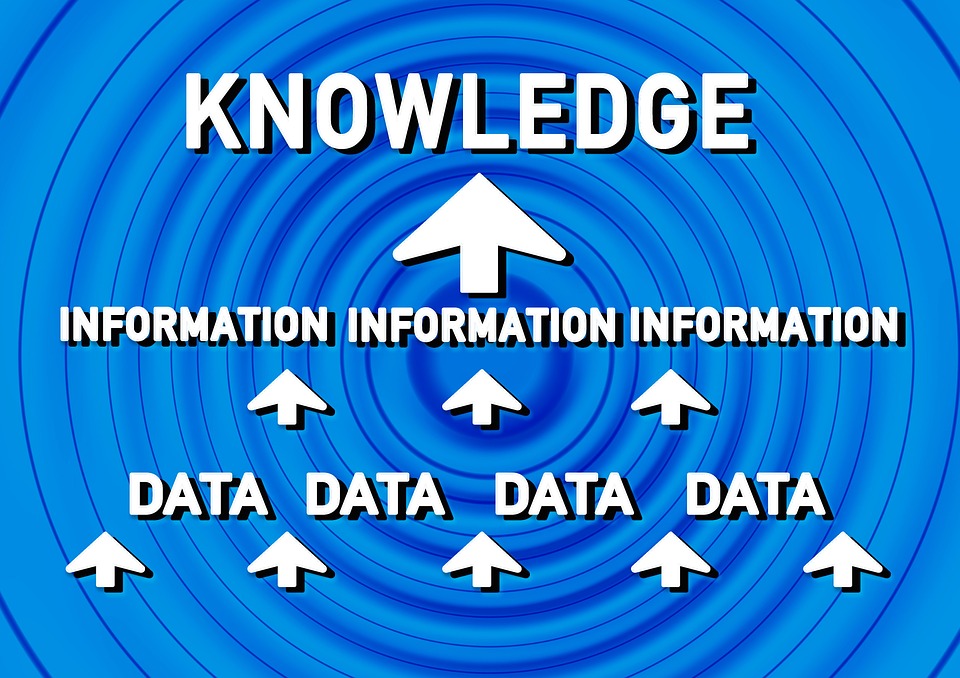Law regarding anonymized medical data for research
May 10, 2017

On April 28, 2017, the Japanese parliament passed a new bill called 医療分野の研究開発に資するための匿名加工医療情報に関する法律 (which roughly translates to Act Regarding Anonymized Medical Data to Contribute to R&D in the Medical Field) with operation to begin within one year. In light of the new law development, some amendments have also been made to the 医療法 (Medical Care Act).
The new legislation has a lengthy name and therefore has been referred to as the 次世代医療基盤法 (roughly translates to the Next Generation Medical Infrastructure Act) and also the医療ビッグデータ法 (roughly translates to Medical Care Big Data Act) during the course of parliamentary discussions. The names give little hints of its content.
In summary, the new law allows use and circulation of anonymized medical data without the need for patient’s expressed consent. Unless the patient expressly “opt-out”, the patient’s medical information may be anonymized and used for medical research.
According to official publications, the purpose and operation of this new law can be summarised as follow:
- It is the nation’s responsibility to implement necessary policies to enhance medical research using anonymized medical data.
- Structure will be in place so that only Certified Anonymized Medical Data Agents that have high security measures, high technical and management abilities to anonymize the data for optimal use would be entrusted with the medical information.
- Medical institutions are required to notify the patients regarding the use of their medical information. If patients do not refuse, the institutions are permitted to provide the information to Certified Anonymized Medical Data Agents.
http://www.cas.go.jp/jp/houan/170310/siryou1.pdf
http://www.ajha.or.jp/news/pickup/20170401/news15.html
http://www.shugiin.go.jp/internet/itdb_gian.nsf/html/gian/honbun/houan/g19305053.htm
Thoughts on this development
Given the difficulties of the medical profession, the circulation of information is very important. Currently, there are surprising amount of medical databases but such information are not allowed for circulation. In the mist of demand for optimal use of the data, the sharing and smooth flow of information become a priority.
http://www8.cao.go.jp/kisei-kaikaku/suishin/meeting/wg/toushi/20170120/170120toushi02.pdf
Many stakeholders are involved in the medical and care industries which makes it difficult for reform. However, there is progress towards utilising ICT demonstrated by telemedicine in recent times.
The sensitive nature of the information can easily cause patients to worry about their use. It seems that the policy makers and politicians recognise the concern and understand it is faster to set up a new structure.
The format of clinical records may also be subject to changes in the future. Each institutions and doctors have their own formats and systems which may be standardised in the future. It improves transparency by allowing transfer of medical records and seeking second opinions easier.
For pharmaceutical companies, if anonymised information are accessible real-time it will be faster and easier for publishing reports. Rather than isolated databases, a system that allows transparency is much more desirable.
While progression to digital clinical records may take more time, it would a milestone when achieved. It is a shame that the anonymize procedure of the new law would allow big companies to profit from the work involved similar to the implementation of My Number system.
Perhaps if the work involved may nurture start-ups and ventures that would be a good idea.
*Translation of specific documents and terms are for general understanding only. The terms used are likely to differ from official translations released by the government in the future.
You are welcome to contact us via the Contact Form to discuss and for more information.
